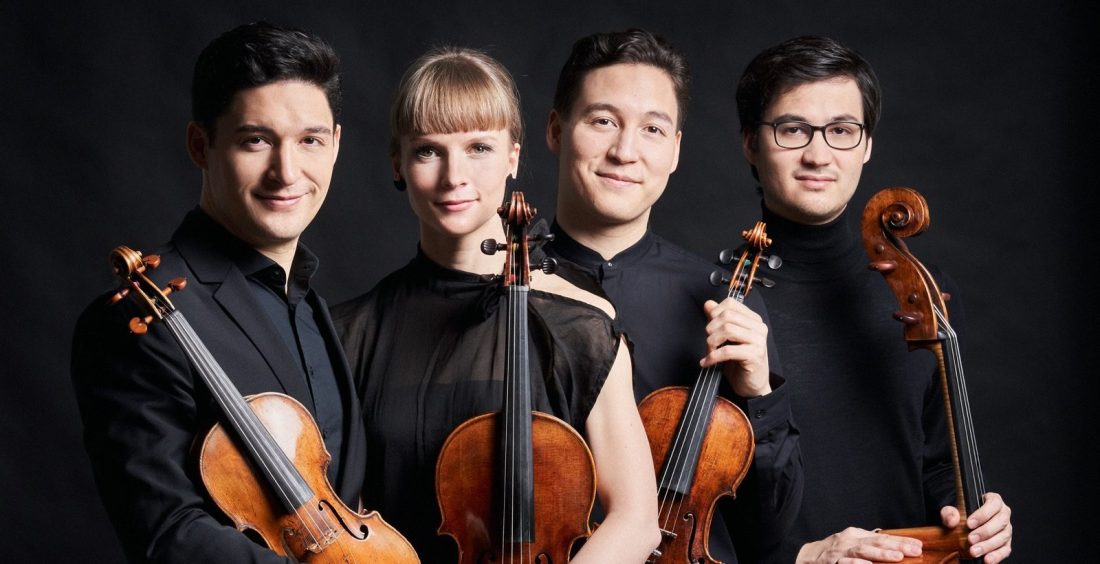Widmann & Schumann Quartett
The concert will take place without an audience in the hall.
You can watch the live broadcast of the concert as well as two dozen others on our website for free.
Programme
- Joseph Haydn: String Quartet No. 21 in E flat major Op. 17 No. 3
- Jörg Widmann: Jagdquartett
- Wolfgang Amadeus Mozart: Quintet for Clarinet, Two Violins, Viola and Cello in A major KV 581
Performers
- Jörg Widmann – clarinet
- Schumann Quartett
Watch now!
Artist-in-Residence
The first of three appearances by Artist-in-Residence of this year’s Prague Spring, German clarinetist and composer Jörg Widmann, brings a blend of his own music and works by the Viennese classics. “In his compositional endeavours Widmann often takes his inspiration from the past,” states Programme Director Josef Třeštík. “His Jagdquartett borrows its title from Mozart’s “Hunt” quartet. The true inspiration for this spectacular piece, however, in which the superb Schumann Quartet will not only perform on their instruments but also act out roles during an imaginary chase, is the music of Robert Schumann.” The programme will culminate in one of Mozart’s most exquisite works, the Clarinet Quintet in A major. “To be able to play music in Prague by one of the “saints of the city” is something quite exceptional for me,” Widmann himself adds.
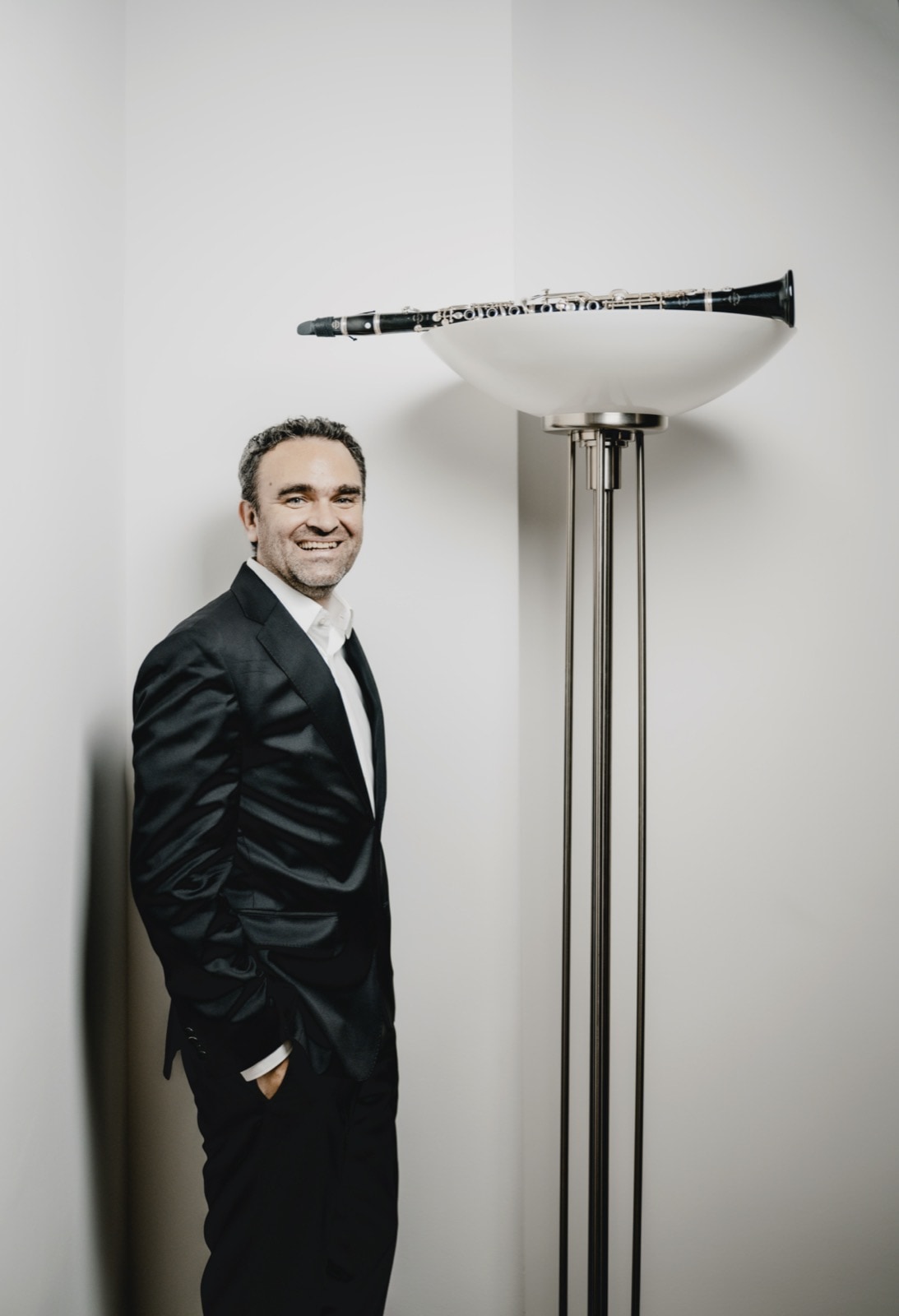
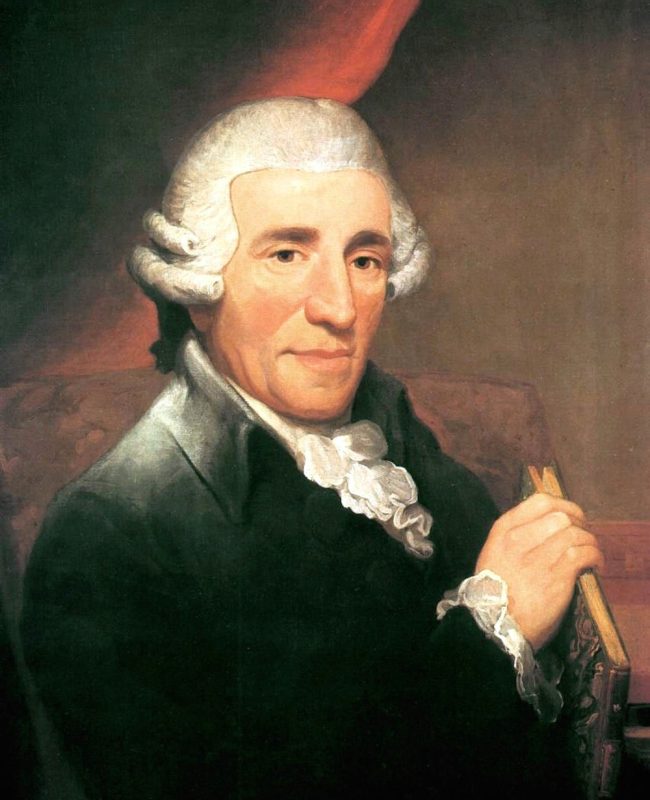
The seclusion afforded by the Esterházy Palace (Eszterháza), where Joseph Haydn (1732-1809) spent twenty-five years of his life, was only ostensive: in reality, what he found there was a European musical hub with a lively exchange of information and a veritable creative powerhouse. The art-loving Prince Nikolaus Esterházy spent most of the year at his family seat, yet all his employees and musicians lived there separated from their families. These were ideal conditions for focused work, as Haydn remembered later on: “I could experiment, observe what heightened the effect and what weakened it, and so I could improve, expand, erase, take risks; it’s true that I was cut off from the world, there was no-one near me to torment me or make me doubt myself,” and he added with a hint of humour: “And so I had to become original!” When he was writing his string quartets Op. 17, he had at his disposal a wonderful group of talented musicians, who included the young violin virtuoso Luigi Tomasini. These string quartets, with their beguiling expression, intensity and melodic beauty in the slow movements, their wealth of invention and highly developed four-movement form, are far removed from the realm of his earlier graceful, light quartets-divertimenti; the spirit of the latter is evoked only in the dance movements, as illustrated by the third part of the free cycle of opus 17, String Quartet No. 21 in E flat major.
Jagdquartett (Hunt Quartet) is a string quartet in a single-movement, “evil scherzo” form incorporating clever theatrical input from the players themselves. The title, however, refers to Mozart’s “Hunt” quartet KV 458 in name only. It opens with a short signal cry from the performers, followed by a theme in a dotted rhythm which Jörg Widmann (1973) borrowed from the Finale of Schumann’s piano suite Papillons Op. 2. The motif is strongly reminiscent of the incipit of the Czech folk song “When I used to walk through the woods”, however, the idyll ends there. Widmann’s music develops into a wild piece faithfully imitating social patterns of human behaviour, where the hunter becomes the hunted and ultimately the quarry, the latter embodied by the cello, against which the other instruments of the string quartet conspire. The raging character of the music, reinforced with harsh wit and perpetual exaggeration, can now scarcely conceal the sober subtext which permeates it with increasing intensity before the play topples over in the final dramatic scene: the fragments of Schumann’s theme are now reduced to gnawed bones as we hear a last cry from the slaughtered prey. The Hunt Quartet was written in 2003 and is dedicated to the Arditti Quartet.
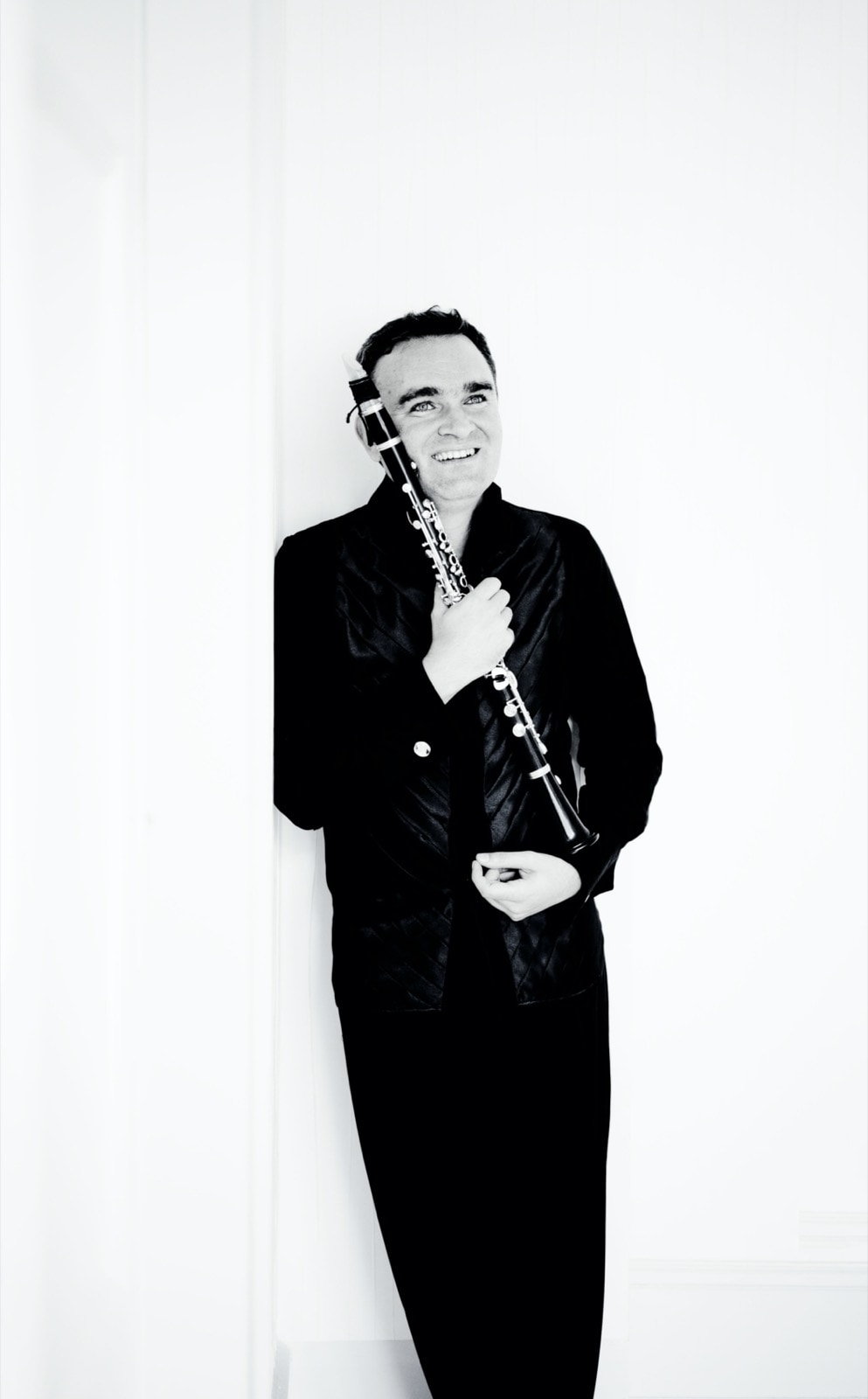
Very few chamber works, perhaps with the exception of Brahms, evoke such a stirringly nostalgic mood as Clarinet Quintet in A major KV 581 by Wolfgang Amadeus Mozart (1756-1791). The Romantic elements anticipating what was to come are evident in his music earlier on, however, only rarely did they rise to the surface so naturally in a continuous strand of uninterrupted lines, amid the harmonic tension of major and minor keys. Mozart wrote Quintet in A major in late September of 1789 for his friend, the clarinetist Anton Stadler (1753–1812), who performed in the 1791 premiere of the coronation opera La clemenza di Tito, in which the composer had written several short solos for him. Mozart admired Stadler’s mastery and wrote two of his immortal works for him, which he also dedicated to the clarinetist: Clarinet Quintet KV 581 and Clarinet Concerto KV 622, both in the key of A major. He apparently intended these works to be played on the basset clarinet, an alto version of the instrument with an extended lower register which Stadler probably used for the premiere of the quintet in December 1789. In the words of the Romantics, the clarinet quintet conveys the music of Mozart’s heart – exquisite, seductive and deeply soulful.
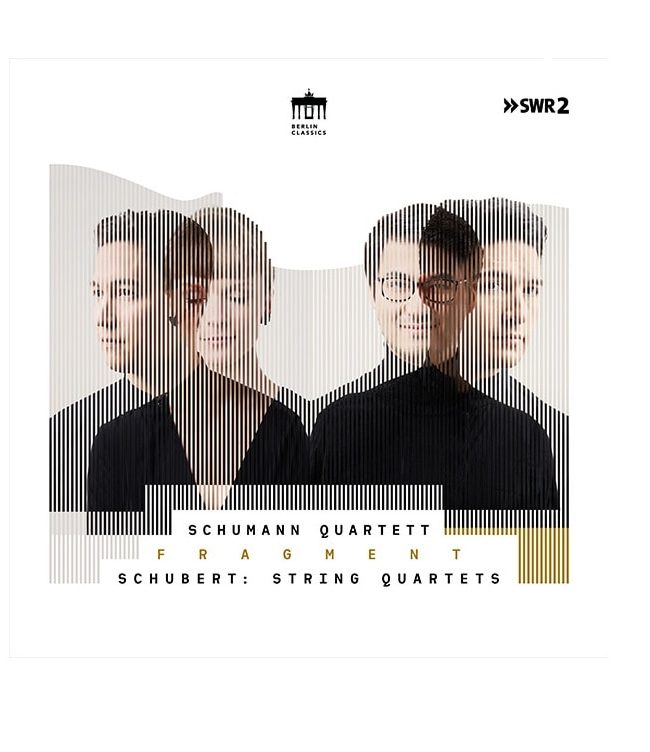
Fire and energy
“Fire and energy. The Schumann Quartet plays staggeringly well,” wrote Süddeutsche Zeitung critic Harald Eggebrecht. Highlights of the Schumann Quartet’s previous season included the culmination of their collaboration with the Chamber Music Society of Lincoln Center in New York, which the quartet began in December 2016 with their invitation to join the prestigious Bowers Program. The ensemble also undertook two tours of the United States, they appeared at festivals in Germany, Switzerland, France and the Netherlands, and they gave concerts in London, Munich, Hamburg, Madrid and Berlin.
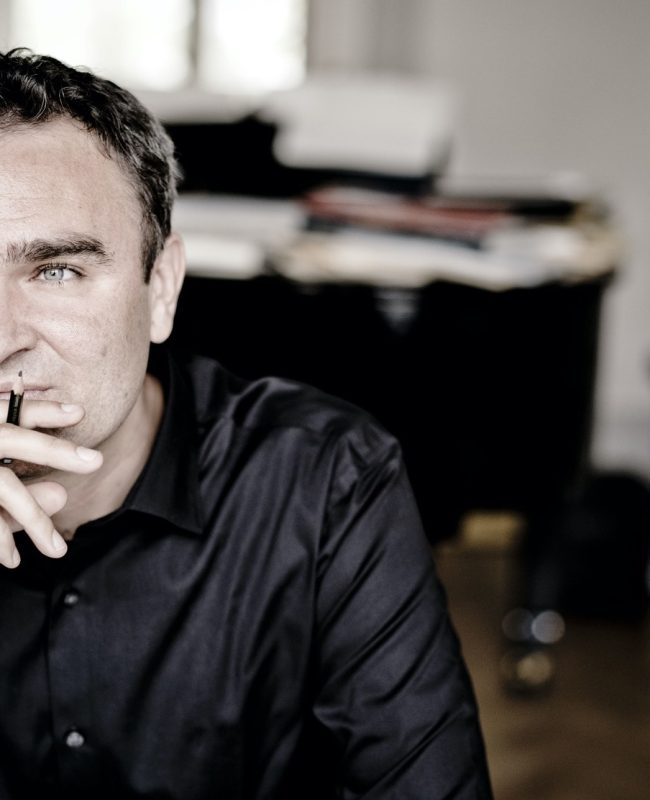
Artist-in-Residence Jörg Widmann
“It’s a great honour to be asked to assume the role of Artist-in-Residence at the Prague Spring. I’m delighted to accept it,” says German clarinetist and composer Jörg Widmann. “My work has taken me to virtually all the world’s music centres, but never to Prague, the city coveted by all those who love literature and music.” Widmann’s residency will include three concerts highlighting favourite composers who were key to his composition work, and featuring examples of his own music.
Financial support:

The joint appearance of Jörg Widmann and the Schumann Quartet is part of a project initiated by Mozartfest Würzburg, the oldest Mozart festival in Germany, which celebrates its 100th anniversary in 2021. The artists’ tour will take them to Prague and four other European cities which played an important role in Mozart’s life.


